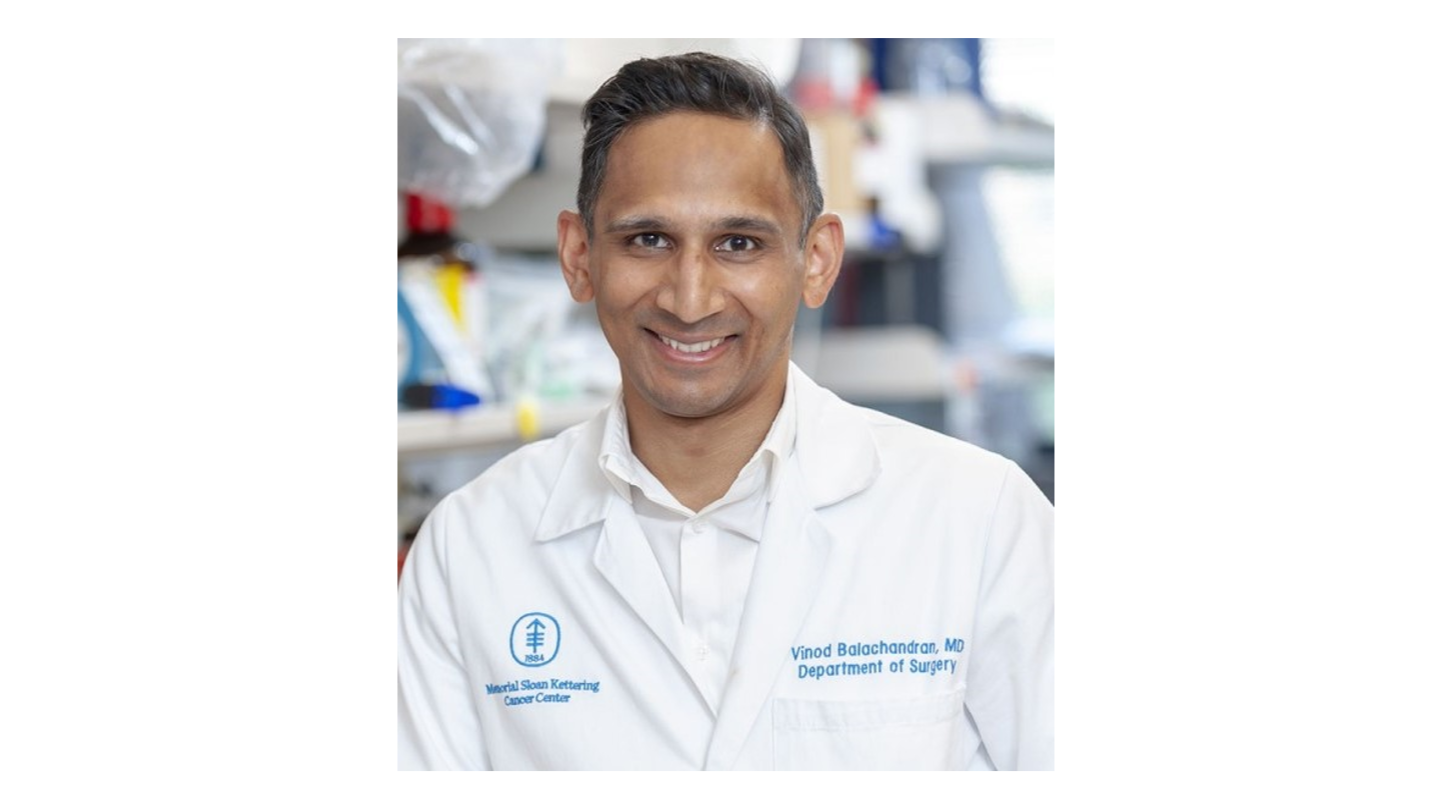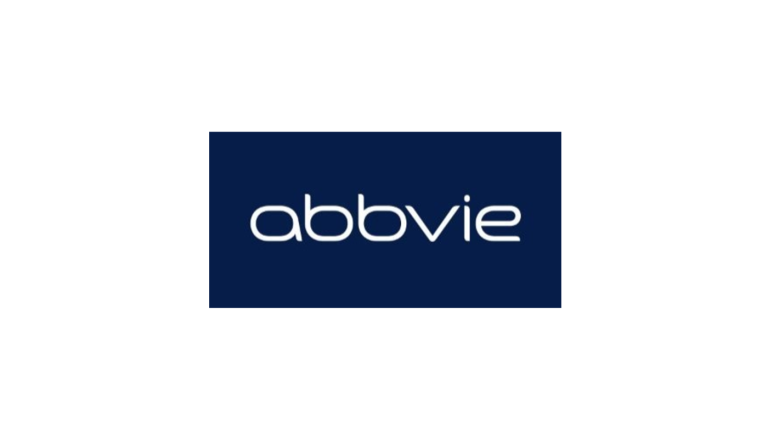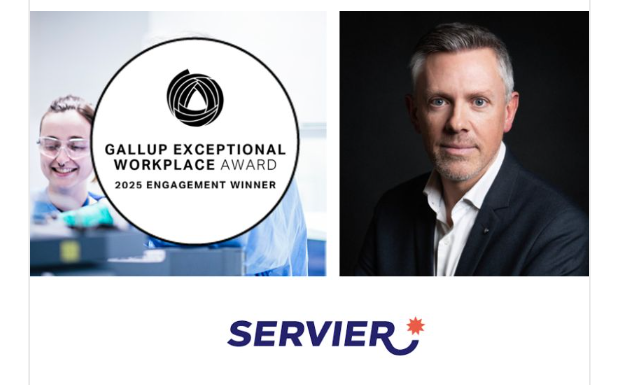New data presented by Memorial Sloan Kettering Cancer Center (MSK) researchers show an experimental approach to treating pancreatic cancer with the messenger RNA (mRNA)-based therapeutic cancer vaccine candidate, autogene cevumeran, continues to show potential to stimulate an immune response that may reduce the risk of the disease returning after surgery. New results from a phase 1 clinical trial show that the cancer vaccine candidate activated immune cells that persisted in the body for up to three years after treatment in certain patients.
In addition, a vaccine-induced immune response correlated with reduced risk of the cancer coming back. These data were presented today by MSK surgeon-scientist Vinod Balachandran, MD, at the American Association for Cancer Research (AACR) Annual Meeting, which is being held in San Diego April 5-10.
The investigational mRNA cancer vaccine, called autogene cevumeran (BNT122, RO7198457), was developed in a collaboration between BioNTech, an immunotherapy company, and Genentech, a member of the Roche Group. In the phase 1 clinical trial, vaccines were custom-made for every participant based on the mutational profile of their individual tumor. The mRNA-based therapeutic cancer vaccines are intended to teach T cells – specialized immune cells that protect the body from pathogens and cancer – to recognize proteins found exclusively in their pancreatic tumors, called neoantigens. This alerts T cells that the cancer cells are foreign. The goal of this approach is to train the body to protect itself against cancer cells.
Pancreatic cancer is the third leading cause of cancer death in the United States, and its incidence is rising. “Current treatment options for pancreatic cancer remain very limited, and only about 12% of patients survive five years after diagnosis,” said Dr. Balachandran, a Member of the Human Oncology and Pathogenesis Program and the David M. Rubenstein Center for Pancreatic Cancer Research at MSK. “We are encouraged by our latest findings, which continue to support exploring autogene cevumeran as an approach to treat pancreatic cancer in the post-surgical, adjuvant setting.”



